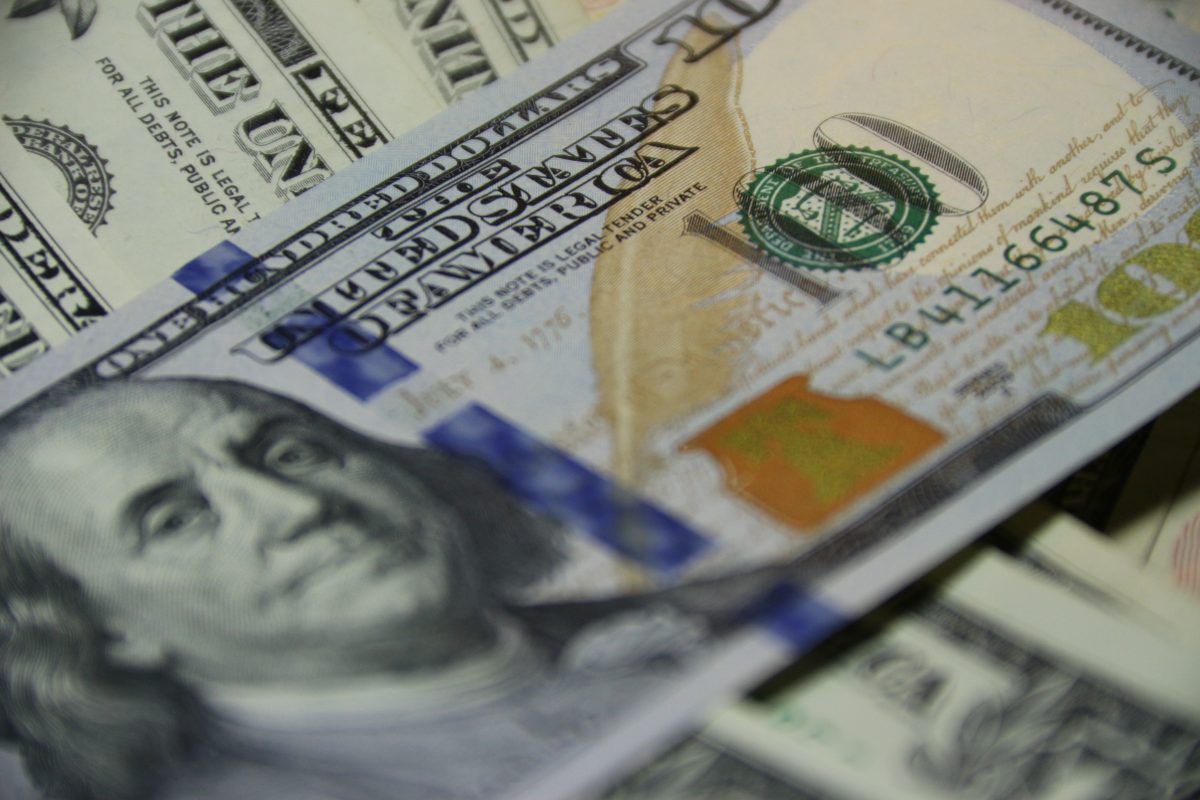Under 17 U.S. Code § 505 the prevailing party in a copyright infringement case may be entitled to an award of its reasonable attorney’s fees. It is not an absolute right but, instead, the court must make a case-by-case assessment and look at various relevant factors such as: (1) whether the claim was frivolous; (2) the party’s motivation; (3) the claim’s objective unreasonableness; and (4) whether the circumstances present a particular need to advance considerations of compensation and deterrence.
A federal judge sitting in the U.S. District Court for the Western District of Missouri (Central Division) recently went through these factors in the case of Designworks Homes, Inc. et al. v. Columbia House of Brokers Realty, Inc., et al. and ruled in favor of awarding attorney’s fees in the amount of $160,877 (at an hourly fee of $400) as well as costs in the amount of $3,757.95 to the prevailing parties, the defendants.
The judge began with a look at the claim’s alleged objective unreasonableness and noted case law that establishes the inquiry is one that involves both factual and legal components. The plaintiff’s problem was that it alleged copyright infringement based on a floorplan, but gathered and presented no facts to suggest infringement of those copyrights. It also presented allegations of secondary liability and identified no facts to substantiate claims of vicarious of contributory infringement. Ultimately, the judge found that the factor of objective unreasonableness was more or less neutral, but the claims of vicarious contributory infringement would lead the judge to rule differently on the other factors.
Whether the claim was frivolous was the next factor inspected by the judge. Here, the judge was also concerned by the vicarious infringement claims, as they were found to have not been rooted in a reasonable legal theory. While the direct infringement claim may have been supported in theory, the judge could not see how that played any role with regard to the other claims that were deemed frivolous, lending the judge to believe at that point of the analysis that a fee award was appropriate. Importantly, while some claims were not frivolous, they did not act as a shield for those claims that were just thrown against the wall with the plaintiff praying that something would stick.
The judge then went to the second factor enumerated above and looked at the motivation for bringing the suit. As with the frivolity prong, the judge deemed motivation trended toward a fee award. It was believed that the plaintiff could have and should have filed a much more limited case.
Finally, with regard to compensation and deterrence, the judge noted that the plaintiff filed three similar claims in three separate cases, including claims for vicarious liability without factual support. Thus, the judge determined that there was a need for deterrence of similar conduct.
Keep in mind these factors when you are filing or defending against a copyright infringement case. While attorney’s fees and costs are not awarded to the prevailing party in every circumstance, the judge has a lot of leeway in making a determination based on the factors stated above as well as anything else the judge deems relevant to the inquiry.

